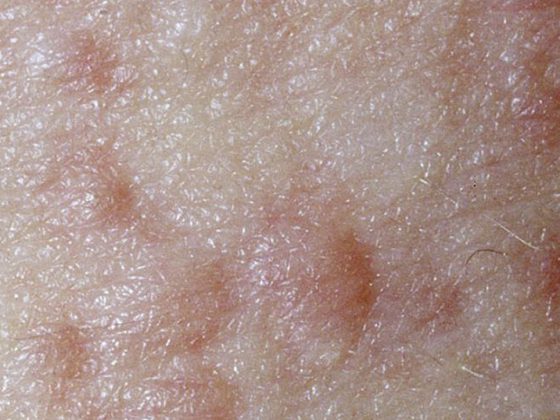The prognosis of patients with colon cancer harboring a mutation in the BRAF-V600 gene is markedly poor. If the therapy does not work, the probability of survival is only four to six months. Triple therapy can at least slightly improve them.
Patients with metastatic colorectal cancer and BRAF V600E mutation have a poor prognosis, with a median overall survival of 4 to 6 months after failure of initial therapy. Inhibition of BRAF alone has limited activity due to reactivation of the pathway by epidermal growth factor receptor signaling. In an open-label phase III trial, 665 patients were randomized 1:1:1 to triple therapy consisting of encorafenib, binimetinib, and cetuximab; a combination of encorafenib and cetuximab; or the control group. In the control, researchers could choose between cetuximab and irinotecan or cetuximab and FOLFIRI (folic acid, fluorouracil, and irinotecan). The primary endpoints were overall survival and objective response rate in the triplet therapy group compared with the control group.
Median overall survival was 9.0 months in the triplet therapy group and 5.4 months in the control group (HR 0.52; 95% CI, 0.39 to 0.70; p<0.001). The confirmed response rate was 26% (95% CI, 18 to 35) in the triple therapy and 2% (95% CI, 0 to 7) in the control group (p<0.001). Median overall survival in the combination group was 8.4 months (HR vs. control, 0.60; 95% CI, 0.45 to 0.79; p<0.001). Grade 3 or higher adverse events occurred in 58% of patients in the triplet therapy, 50% in the combination group, and 61% in the control group. Accordingly, a combination of encorafenib, cetuximab and binimetinib resulted in significantly longer overall survival and a higher response rate than standard therapy in patients with metastatic colorectal cancer with the BRAF V600E mutation.
Source: European Society for Medical Oncology (ESMO) 2019
Further reading:
- Kopetz S, Grothey A, Yaeger R, et al: Encorafenib, binimetinib, and cetuximab in BRAF V600E-mutated colorectal cancer. N Engl J Med 2019; 381: 1632-1643.
InFo ONCOLOGY & HEMATOLOGY 2019; 7(6): 37 (published 12/10/19, ahead of print).











